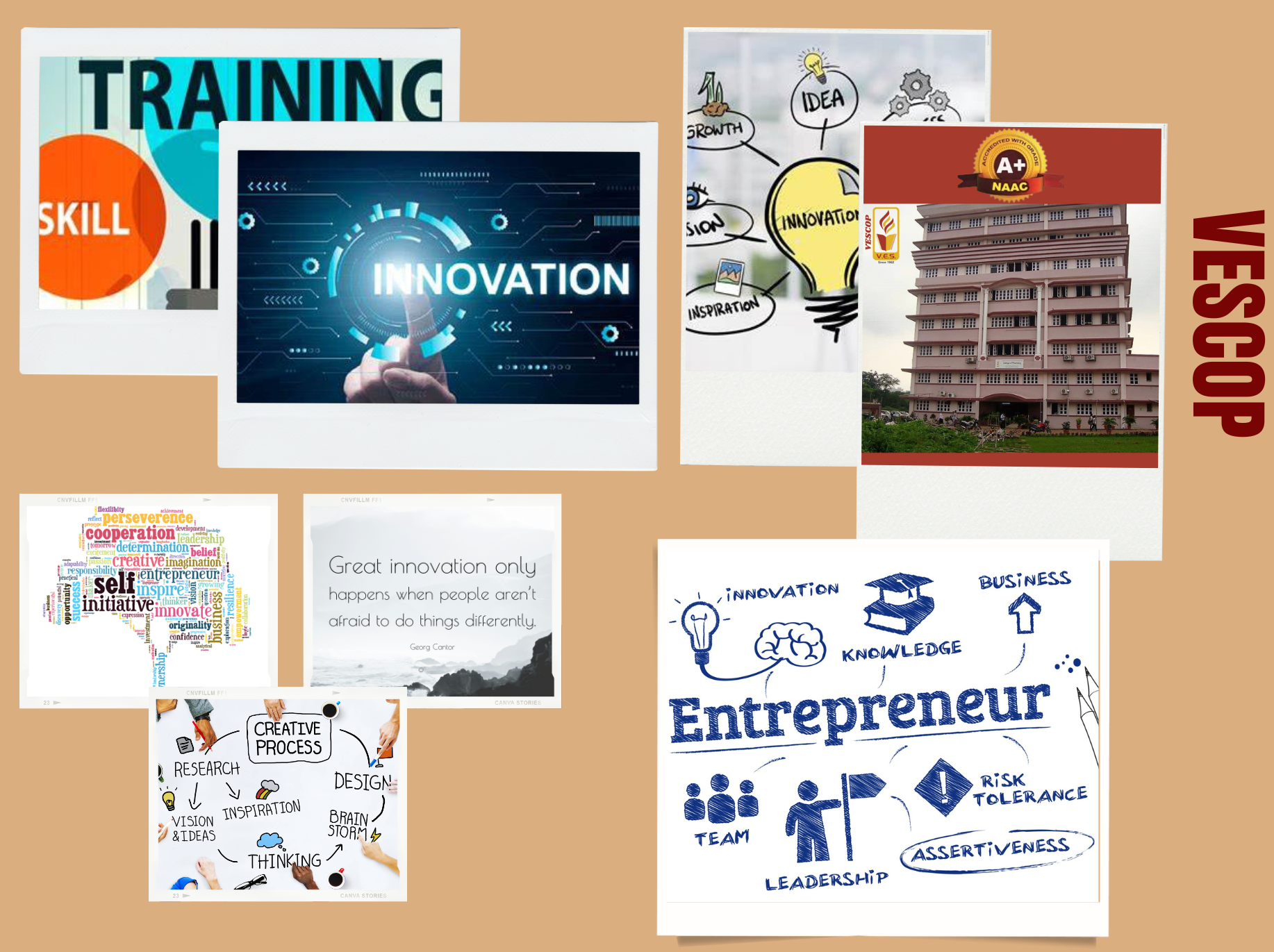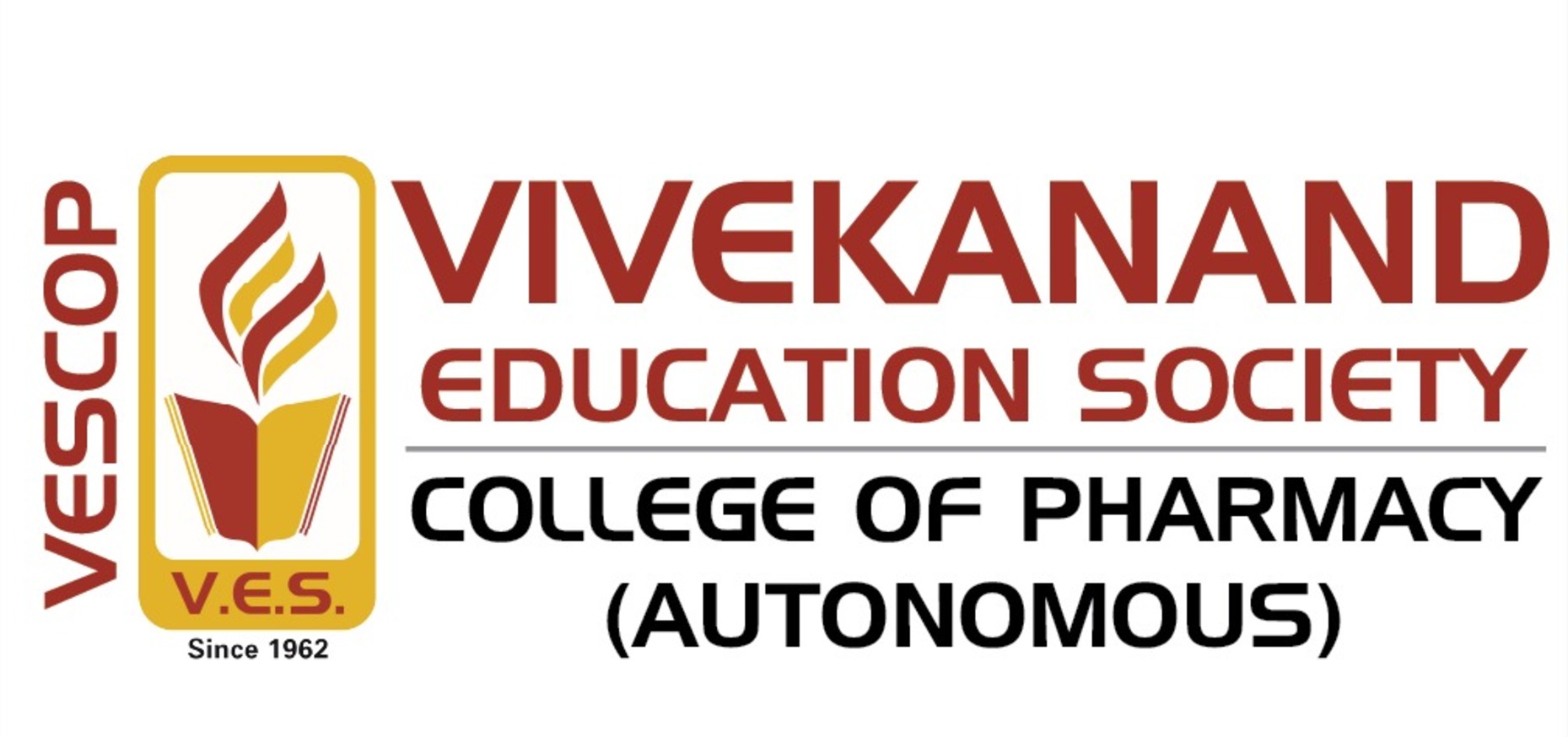
Innovation, Entrepreneurship and Skill development at Higher Education Institutes
By Dr. Mushtaque ShaikhAssociate Professor and HoD (Department of Pharmaceutical Chemistry)Vivekanand Education Society’s College of Pharmacy
A renowned management
consultant, educator, and author, Peter Drucker once quoted that "The enterprise that does not innovate ages and
declines. And in a period of rapid change such as the present the decline will
be fast."
The same holds true for
research and higher education institutions. These days, the education industry
is likewise becoming extremely competitive due to 1) an increase in educational
institutions and 2) a student population that is highly informed.
Students will almost
always select a school that offers chances for skill development and prepares
them for the future. Let's talk about what the future means right now.
India has surpassed
China to become the world's most populous nation. Providing enough for all of
these folks will undoubtedly be difficult. We'll need to think differently than
ever before. Here, innovation and research are crucial.
The way the world is
changing is also a challenge at the same time. People like myself, who were
born in the 1980s and 1990s, have seen this sudden change. Even the younger
generation is aware that their smartphones undergo periodic hardware and
software upgrades.
Both of these
circumstances call on creating a national inventive culture. My opinion is that
educational institutions, and higher education institutions in particular, are
in charge of this. As teachers, we occasionally grumble about the time needed
and the time available for teaching and learning. We need to employ technology
to close the gap as well as to enable us to comply with the curriculum.
In addition, I perform
my obligations as the National Accreditation and Assessment Council's
application and compliance coordinator at VESCOP (NAAC coordinator). The NAAC
makes explicit reference to experiential learning. Skill development is also
emphasized in the New Education Policy 2020. Research and innovation skills are
valued at professional degree-granting institutions like those for pharmacy,
medicine, and engineering. Additionally, machine learning, artificial
intelligence, and data analytics are new skill sets in all scientific groups
for the future.
In summary, it is
imperative that professors and students collaborate on research and innovation.
The Government of India has developed a number of initiatives to aid in this
cause, including the creation of thousands of Institution Innovation Councils
at HEIs throughout the nation, the implementation of ranking frameworks like
the AICTE-CII survey, NIRF, ARIIA, and accreditation procedures like the NBA
and NAAC. The Indian government has also played a key role in hosting events
like the Innovation Contest and Smart India Hackathon, providing support for
new businesses and a variety of grants for conferences, workshops, and
research.
Therefore, the long-term
nation-building contribution to research innovation and entrepreneurship growth
will come from both HEIs and students.
Let's get this role-play
between the two parties from HEIs underway first. The culture of research and
innovation needs to be established first and foremost. Mentoring our students in
public speaking, creativity, and helping them become job creators rather than
just job seekers is the best way to address the situation at hand right away.
The HEIs' main duty will be to equip students with not only the fundamentals
but also practical skills and keep them current in their specialties through
contact with business. holding occasions that give participants the chance to
showcase their innovative abilities. The second stage should cover starting a
business, intellectual property rights, business skills, obstacles, and next
steps. The emphasis must be on some progress that is taking place in the
appropriate direction, regardless of the students' level of education, whether
they are UG, PG, or PhD students. Since the development won't occur all at
once, institutions must focus on one product at a time, assisted by the staff
members responsible for doing market research and designing products and
processes. In view of the NISP-2020 proposed by the government, the institutes
must create and adopt an innovation and start-up policy. The icing on the cake
will be adding one IPR policy. The students should be encouraged to take
part in research competitions and conventions at the local, state, and national
levels (such as Pharmacy Council of India's Smart India Hackathon), which will
not only give them exposure but also help them become more self-assured,
skilled, and product-driven. Such events may present opportunities. However,
the institutions need to set aside funds and resources for the same. I'm
thrilled to report that the VES College of Pharmacy has already implemented all
of these actions. Establishing a pre-incubation cell, adopting a national
innovation and startup policy, and constructing an incubator—for which a
seven-story structure is being built—are the three steps we have taken.
From the perspective of
the student, they must acknowledge that change is unavoidable. In the
approaching hard and competitive times, only those who adapt to the change will
survive. In the future, one needs to have a variety of skill sets. Only working
hard and consistently might not be enough; smart work and an understanding of
cutting-edge scientific and technological developments will be crucial. Some
people may view the present internet development of automation and artificial
intelligence tools as a threat, but I see them as brand-new job chances.
Therefore, I kindly ask all young people to select educational institutions
offering them opportunity for this modern learning carefully. They must choose
their course of action in advance. Their advantage is that they are in the
learning stage in a time when everything is accessible online, including shark
tank movies and social support. They need to identify a social issue and turn
it into a business concept. Here's a word of caution: Don't make your own
issues; else, you'll simply suffer. I want to commend the eager VESCOP students
who, in the academic year 2022–2023, excelled in competitions like the CIIA,
SIH, Aaviskar, etc., not only brought honour to the school but also presented
some of their ideas to the governor of Maharashtra and an industry
representative, which is a huge accomplishment in and of itself. However, it
would be uncommon for students to always be given the best platform to directly
enter the market or to aid society through R&D and entrepreneurship, thus
the process would be gradual. Having such a mindset is necessary at the moment.
Note : The views presented
in this article are independently made by the author himself.
 022 – 6114 4144
022 – 6114 4144 vescop@ves.ac.in
vescop@ves.ac.in